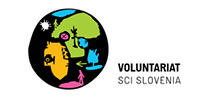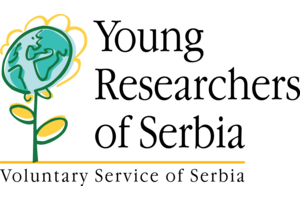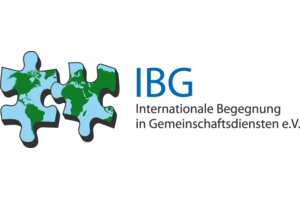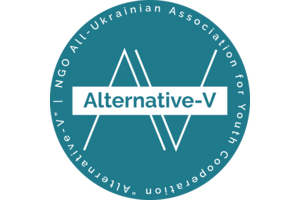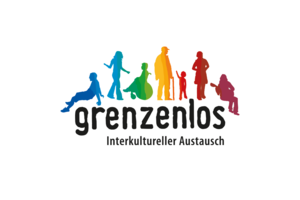Recycling and waste
Let's look at recycling and waste as a whole ( Here is a chapter about sorting food waste as well):
1. Educate yourself
Each country has its own waste sorting practices, which may even vary from region to region within the same country. This variation can range from no sorting at all to widespread practice. In addition, the color coding of bags or bins may also vary. For example, in Slovenia, paper/cardboard is typically placed in a blue bin, while plastic packaging is placed in a yellow bin. In Belgium, however, the organization is different: plastic goes into the yellow bin, while household waste goes into the blue bin.
The first step in your recycling process is to find out about the sorting procedures in your area. The most direct way to do this is to contact your hosting organization.
- What are the specifics of waste sorting in this region?
- Do we need to purchase special bags?
- What sorting equipment is already in place?
2. Inform the participants
You have taken an important step by learning about the sorting practices in your area. Now it's time to inform the participants. This step should be done at the beginning of the project. You have the choice of how to deliver this information: perhaps through a game? Or do you prefer a more formal explanation? Maybe posters? If you choose the latter, make sure that the participants understand it well.
3. Raise Awareness and Responsibility
Raising awareness of waste sorting and overall waste management is a priority. It is important to educate purchasing teams about reducing unnecessary packaging when shopping. More about sustainable shopping here. Encourage them to bring reusable bags when they go out to avoid buying them on site. Also, consider reusing bags as much as possible, especially for fresh produce.
In addition, it may be beneficial to appoint a "waste guardian". This person will be responsible for ensuring that waste is sorted properly and can explain the process to participants if necessary. The choice of name for this role can be adapted to suit your preferences.
4. Transformation
Unleash your creativity! Waste is not just for throwing away; it can be reused in fun and constructive ways.
For example, instead of thinking of leftovers as just waste, you can turn them into memorable souvenirs. Imagine you're using wood in a construction project and there are pieces left over. Instead of throwing them away, paint them! You could even invite all the participants to sign them, turning these pieces of wood into precious souvenirs of your camp.








